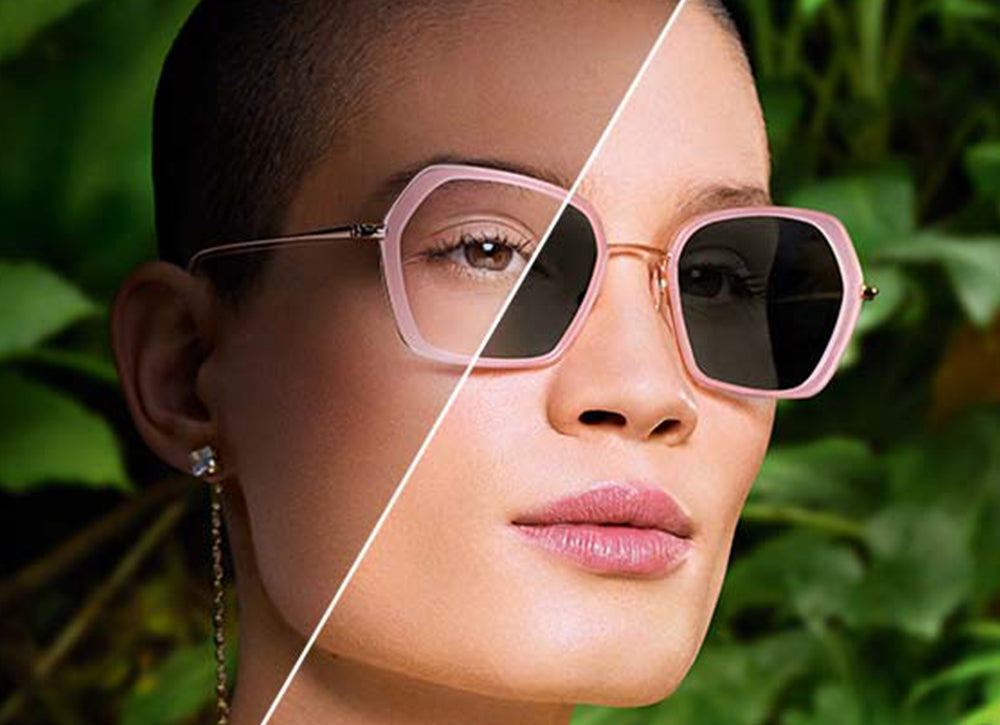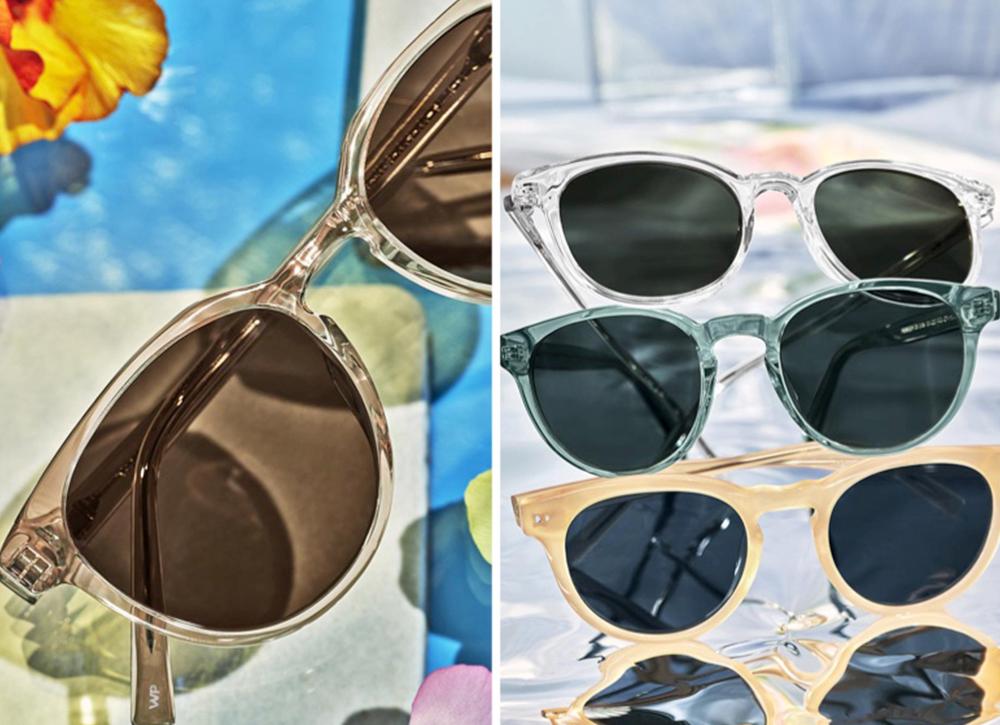In the previous article, we discussed “Which is the largest sunglasses wholesale market in China?”. In this article, let’s talk about “How can I tell if my sunglasses are UV protected?”.
Understanding UV
Ultraviolet radiation (UV) refers to light with a wavelength from nm to 400nm in the electromagnetic spectrum, which is invisible to the naked eye. Ultraviolet rays are mainly divided into three categories, UVA, UVB, and UVC.
UVA
UVA is Long-wave ultraviolet light with a wavelength of 315-400nm, which accounts for about 8% of the total light emitted to the earth's surface. It has strong penetrability to clothing and human skin and can reach the dermis layer to promote skin aging and darkening. Long-term accumulation can easily cause damage to the skin and eyes.
UVB
UVB is Medium-wave ultraviolet rays with a wavelength of 280-315nm, which can be absorbed by ozone in the stratosphere. Long-term exposure may cause eye disease, sunburn and skin redness, swelling, heat, and pain. In severe cases, blisters or peeling may occur.
UVC
UVC is Short-wave ultraviolet light with a wavelength of 0-280nm. It is the most dangerous ultraviolet wavelength because most of it will be blocked by the ozone layer and will not reach the surface of the earth. But it will come from artificial ultraviolet light sources in life, such as welding lamps, mercury lamps, tanning lamps, and some industrial equipment, etc. It can easily cause damage to the eyes if you do not properly protect yourself.
Lens color
Sunglasses that are too light have poor filter function, and those that are too dark will affect vision. Relatively speaking, gray lenses are better. Sunglasses of this color will not affect the color tone and cause color distortion when looking at things so that the wearer can see the real colors. Under strong light for a long time, it will be more comfortable to wear dark green lenses. The contrast of brown lenses is higher, and the distance is better, so they are suitable for driving. The light pink can cut down glare and make the light of the object softer, which is suitable for older people who are photophobic. It should be noted that the shade of the color does not indicate the quality of the sunglasses. The most important thing is to choose suitable sunglasses according to the individual use, occasion, and environment.
Lens material
The lens of good sunglasses can filter strong light without distorting the image, while the inferior lens with the flaws may distort the image and make the eyes feel tired. At present, there are two common lens materials on the market, resin, and PC. Relatively speaking, the resin is lighter and harder. PC (polycarbonate) lens, also known as space pieces, is material for making space suits and face masks. It is light and impact-resistant and has the function of blocking ultraviolet rays. Many sports sunglasses are made of PC pieces.
In addition, UV protection is an important function of sunglasses. Some colored sunglasses without UV protection will dilate the pupils and cause more UV damage to the eyes. However, the naked eye cannot tell whether the sunglasses have an anti-ultraviolet function or not. When purchasing, you must pay attention to the mark.
Thank you for your time in reading our passage “How can I tell if my sunglasses are UV protected?”. For more information about sunglasses and eyeglasses, please continue to follow koalaeye.com. Also, it is welcome to share and forward to Facebook and Twitter.





































